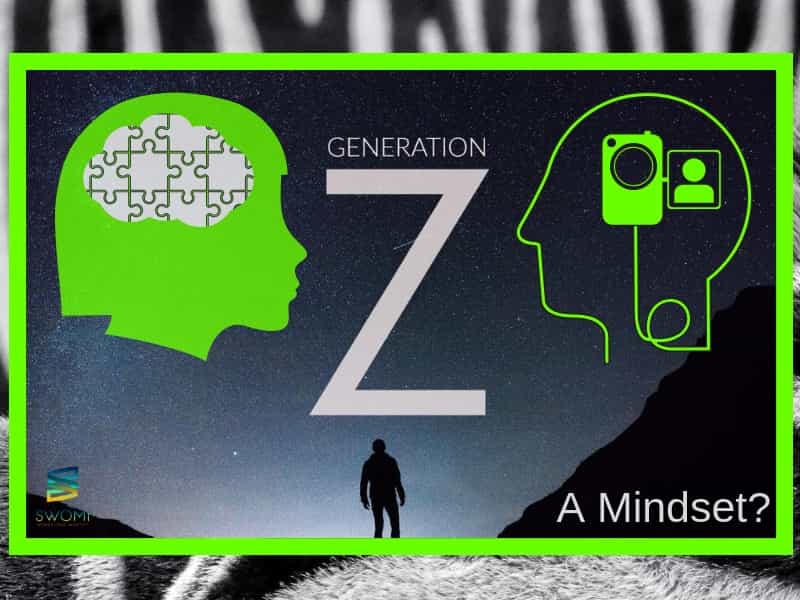Let’s look at Gen Z from another angle. That’s what Google has done. They see Gen Z more as a mindset than an age group.
Google defined them “as people who care deeply about creation, curation, connection and community, viewing them as trendsetters who see decision making as a team sport.”
Viewing Gen Z as a mindset may make more sense for Google marketers and advertisers to effectively advertise to the Gen Z mindset. Gen Z’s world is completely different than what their parents grew up in. So who says their generation has to fall into old marketing categories like age groups?
A less-than-savory side to the Gen Z mindset are the negative effects of technology on their social skills, mental health, and overall well-being.
Psychologist Jean Twenge's research reveals Gen Z are less “face to face” due to their extensive screen time and are known to feel more lonely and left out.
Consider the findings from advertising agency J. Walter Thomson’s survey of American teenagers:
- most teenagers are concerned how people or friends will perceive their posting
- 72% use social media on a daily basis
- 43% had regrets about their previous postings
Gen Z is beginning to come of age, but time will truly tell how the Gen Z mindset will affect them and society as a whole.




